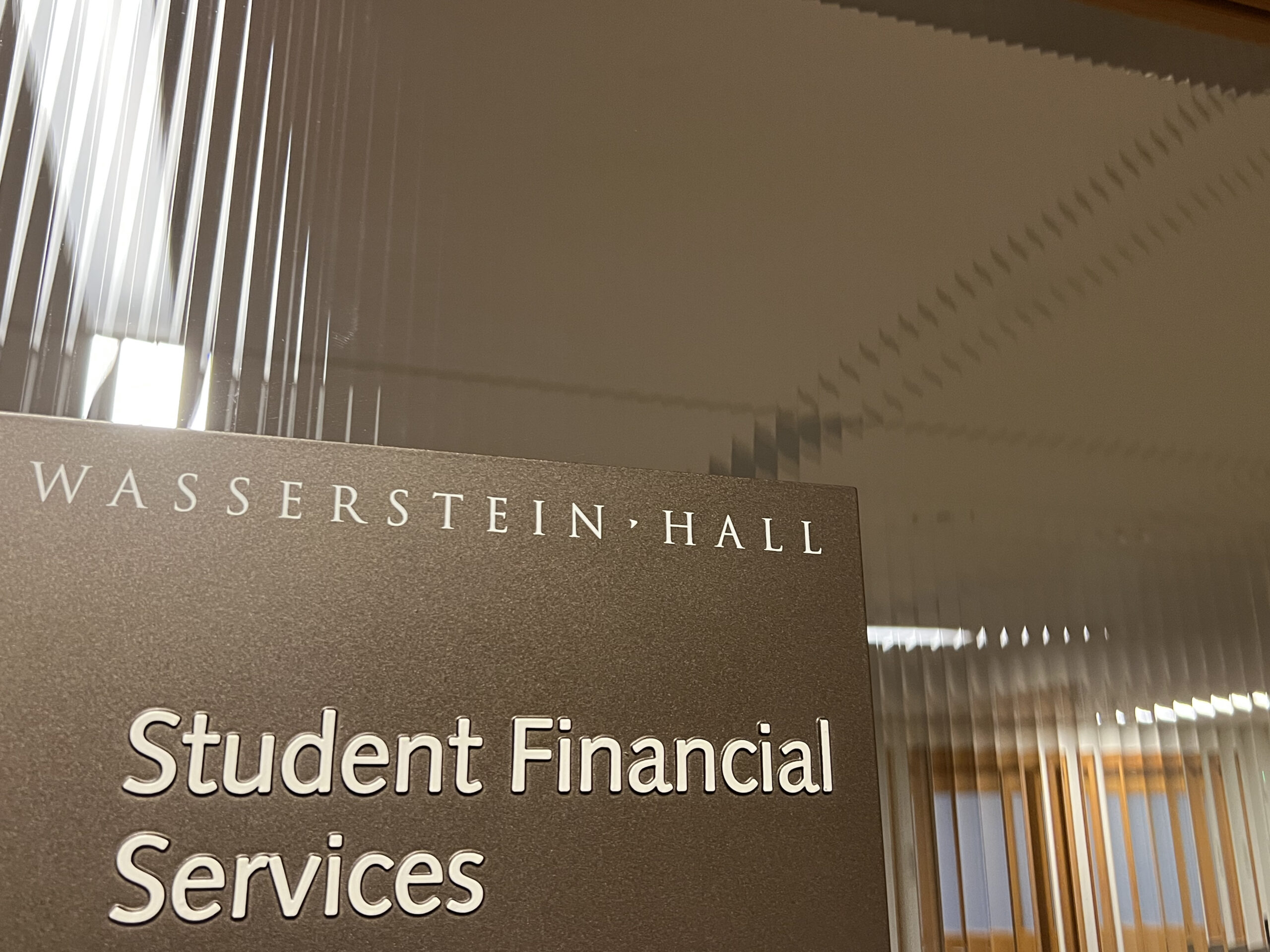On August 24, 2022, President Biden announced a student loan relief plan that will provide between $10,000 and $20,000 of federal student debt relief to low- and middle-income borrowers. That plan is a direct boon for students with federal loans. It is also a direct boon, a coalition of alumni and students argue in an open letter, to Harvard.
That open letter, sent to Dean Manning on Tuesday, September 6, 2022, demands that the school, which will benefit from Biden’s loan forgiveness, pass their savings on to LIPP participants.
“Harvard needs to make sure that this forgiveness money, which is intended to provide relief to alumni coming through the catastrophic inflation that we’ve been tolerating, and the pandemic and all that—Harvard needs to make sure that it doesn’t pocket this money,” said Brendan Schneiderman JD ’21, one of the letter’s authors. “It needs to go the people that it’s intended for.”
How exactly does this program benefit Harvard? “Unless you spend a lot of time thinking about student loans, it’s hard to see that LIPP is benefiting,” said Lindsay Bailey JD’19, another author. “The basic math of it is that LIPP is a loan subsidization program,” explained Schneiderman. “Harvard needs to have money set aside to pay students’ loans, and when their loans shrink, Harvard gets a windfall.”
That math is undeniable: for every one of the hundreds of students participating in LIPP with an unpaid federal loan balance, Harvard will save thousands of dollars that would have been paid as assistance. For some students, those savings will be more than the flat $10,000 or $20,000 forgiven sum, in light of the interest that compounds year after year with these loans.
Those interest rates point to another windfall that Harvard has received but has not passed on to alumni. The federal government has, for the course of the pandemic—32 months so far—placed a pause on federal student loan interest accrual. During that time, Harvard, as a loan payee for LIPP participants, has again saved a significant amount that they would have otherwise had to pay. This windfall, mentioned in today’s letter, was also brought up by Schneiderman in an interview with The Record this past April.
But while students with federal loans will at least benefit directly from these initiatives, a significant proportion of LIPP participants have only private loans and risk not benefiting at all. International students, in fact, don’t even have the option to take federal loans. Furthermore, the letter argues that domestic students are nudged into taking private loans over federal loans. “Through its Preferred Lender Program, HLS has also steered many students who otherwise may have chosen federal loans into taking out private loans from institutions like the Harvard University Employees Credit Union,” the letter reads.
“When you’re looking at the Harvard Law financial aid website, and you have a chart that’s showing these terms in a way that’s easy to understand, showing a lower interest rate and lower loan fees for private loans—that’s a primary reason why a lot of people might have picked private loans,” explained Beth Feldstein JD ’21, the letter’s third author.
Though HLS did recently announce a decent increase to LIPP assistance, that increase was meant to address inflation—not the inequities newly created by federal loan forgiveness, argues the letter. “Students need to receive 100% of the benefit and the institutional endowment does not need any of it,” said Schneiderman. “These are such exceptional circumstances and the relief is so rare—it needs to get to the people it is intended for, and not into Harvard’s coffers.”
For now, the letter has been sent to the HLS Administration, while a growing list of alumni and student petitioners await a response. “Part of what we call for is transparency,” said Schneiderman. “None of us knows how much money LIPP is saving,” added Bailey. What we would really like to know is exactly how much of a windfall HLS will get, and for them to explain how they will use that windfall.”
Such transparency could benefit LIPP participants, public interest students considering entering the program, and prospective HLS students, who may be beginning the law school application process soon.
“Law schools are not the intended beneficiary of student loan debt forgiveness. We’re just asking HLS to commit to that principle,” said Feldstein.
Marty Strauss is a 3L at Harvard Law School and the current Editor-in-Chief of The Harvard Law Record. He plans to pursue a public interest career after graduation.


